Blocking an immune-related molecule lodged in blood vessels stops memory loss.
- By Simon Makin on May 14, 2019
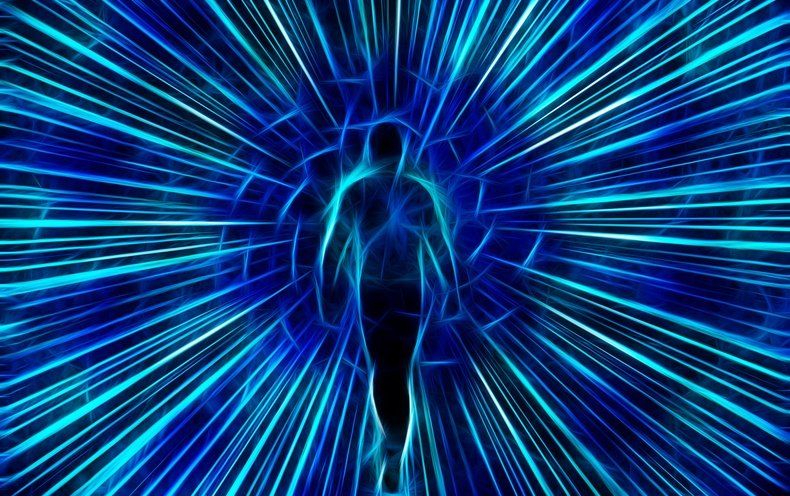
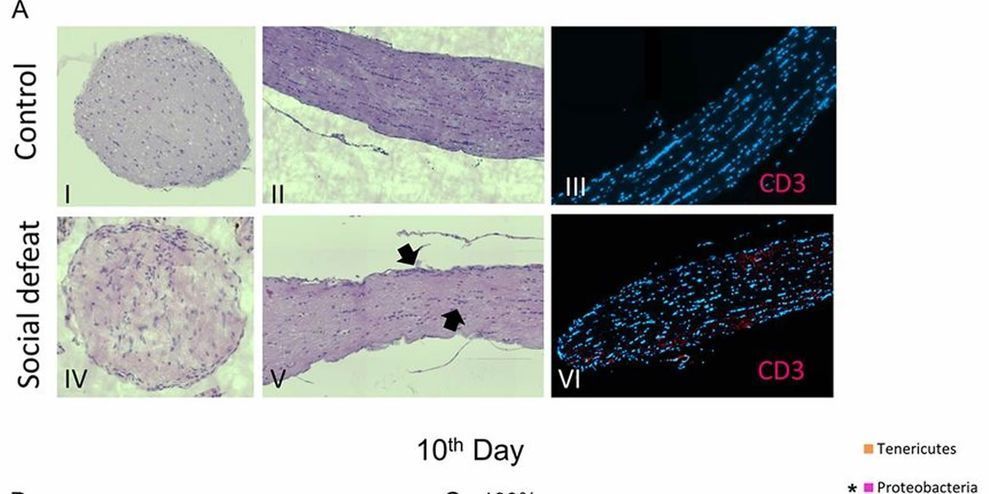
Stressful life events most likely contribute to autoimmune diseases, but scientists don’t have a deep understanding of the underlying chain of events. A study on mice published this week in mSystems suggests that the gut microbiota may play a significant role in that connection. Researchers found that the onset of stress caused changes in the intestinal bacteria that, in turn, stimulated the activity of immune cells in a way that increased the likelihood that the body would a…
Chronic social stress in mice induces the expression of virulent genes in the gut microbiota. The altered microbiota increases the presence of effector T helper cells in the lymph nodes and induces myelin autoreactive cells. Exposure to chronic stress, therefore, may increase the risk of developing autoimmune diseases for some individuals with a susceptibility.
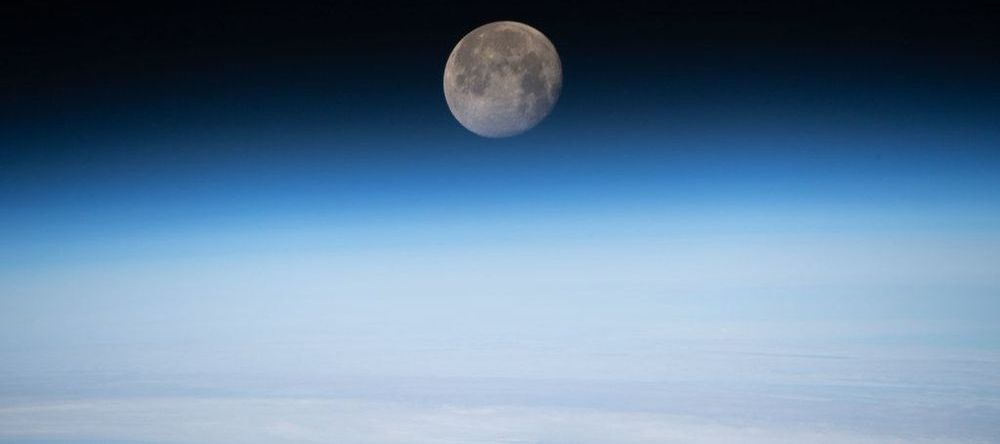
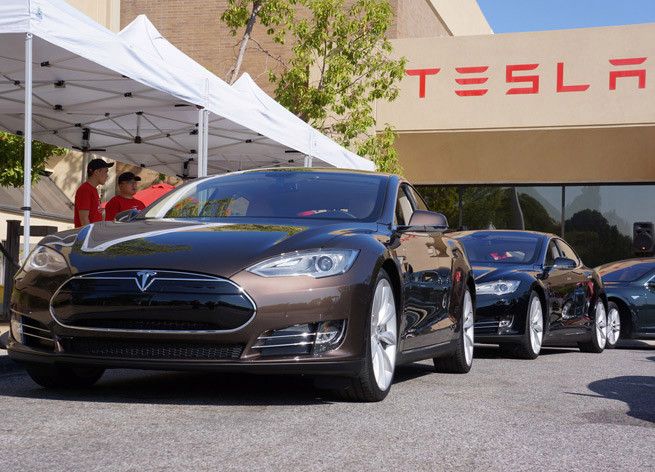
When designing the Tesla Model S, Elon Musk wanted an electric motor that had the same horsepower as the most powerful internal combustion engine but with nearly-instantaneous torque. And he wanted it to be the size of a watermelon. Engine manufacturers told him this couldn’t be done. So the Tesla CEO decided to build his own motor. The earlier versions of this had a hand-wound stator which increased winding density to help eliminate resistance and increase peak torque. Later versions of the stators were built by robots.
Musk made the same decision with practically every other component of the Tesla — including the power electronics and other elements of the drivetrain. For him, there could be no compromises in design and functionality. That is why almost every component of the Tesla Model S is produced at its factory in Fremont, Calif.
When you drive a Model S, you can see the results. The car literally seems to fly. It picks up acceleration like a spaceship shifting into warp speed. The car is eerily quiet, comfortable, and elegant. It is a completely different driving experience than the cars we are used to. There is no engine to start, gears to shift, or oil to replace. The brakes don’t wear out because you hardly use them. The Tesla regenerative-braking system charges the car as it slows.
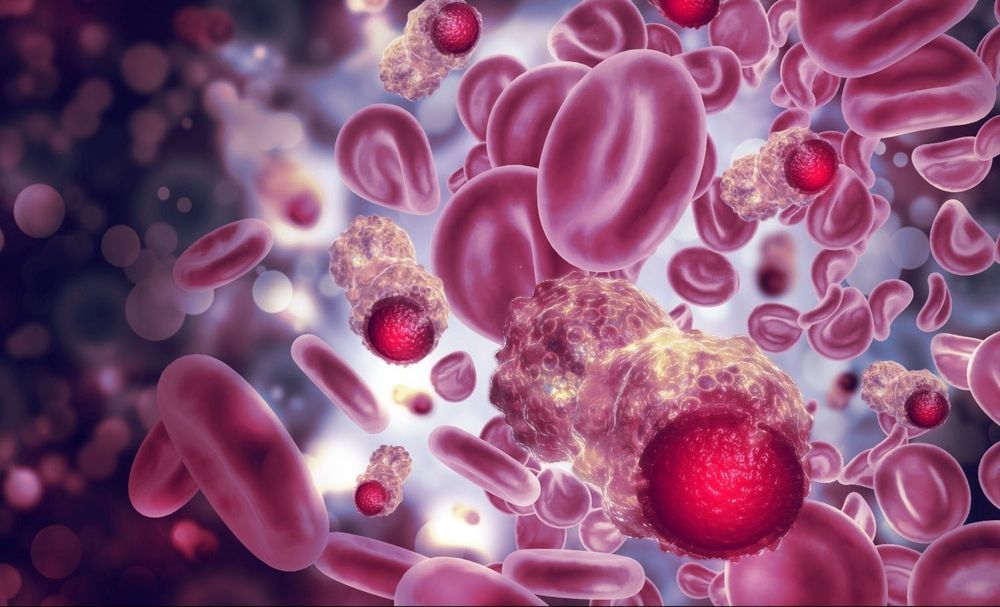
Cancer is a disease that touches just about everyone. According to the American Cancer Society, men have a 39% chance of contracting some form of cancer at some point in their lives, while women have a slightly lower risk at 37%. And if you’re fortunate enough not be diagnosed with cancer yourself, the odds are high that someone you know will.
Because of this, a cure for cancer is the holy grail of the medical research community. Incredible treatments have been developed, but for hundreds of years, the hunt for an actual cure has felt like the hunt for a unicorn… a beautiful prize that may not even exist.
So just weeks ago, when Israeli scientists announced they’d found what they believe is a cure for cancer, the declaration sounded too good to be true. But here’s the thing:
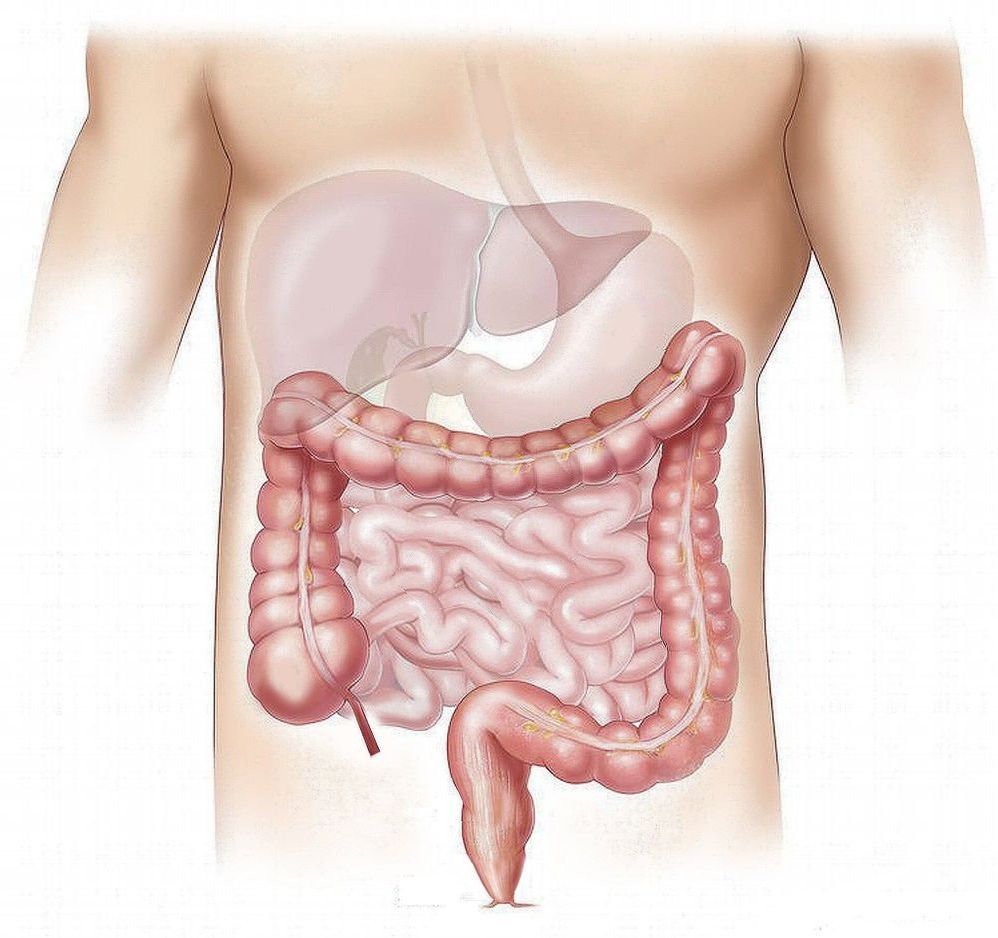
Glyphosate, the primary ingredient in Monsanto’s popular weed killer Roundup, has been linked to liver disease in animal models. In a new study, the first of its kind, researchers at the University of California San Diego School of Medicine report an association between the herbicide and negative effects upon the human liver.
In a study published in Clinical Gastroenterology and Hepatology, a team led by Paul J. Mills, Ph.D., professor and chief in the Department of Family Medicine and Public Health at UC San Diego School of Medicine, examined glyphosate excretion in the urine samples of two patient groups—those with a diagnosis of NASH (non-alcoholic steatohepatitis, a type of nonalcoholic fatty liver disease or NAFLD), and those without. The results, they found, were significant: Regardless of age, race, body mass index (BMI), ethnicity or diabetes status, glyphosate residue was significantly higher in patients with NASH than it was in patients with a healthier liver.
The findings, coupled with prior animal studies, said Mills, suggest a link between the use of commercial glyphosate in our food supply, which has increased significantly over the past 25 years, and the prevalence of NAFLD in the United States, which too has been on the rise for two decades.
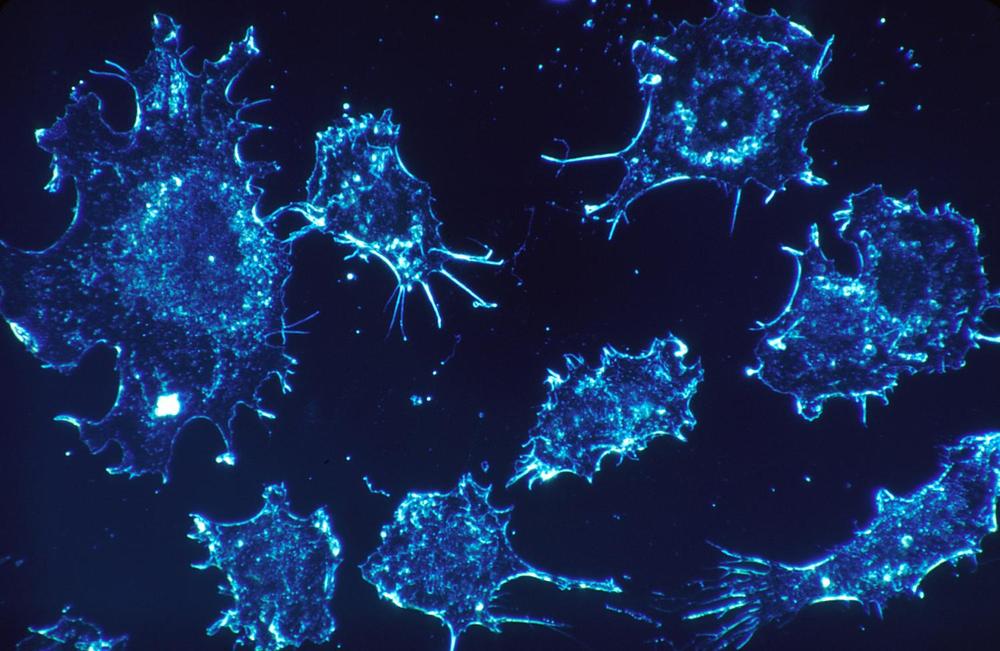
In breast cancer, there are cases of women and men whose cancer returns in their bones 20–30 years after they were treated for their primary disease and thought they were cancer-free. This phenomenon always puzzled Jefferson researcher Karen Bussard, Ph.D. How is it possible that breast cancer cells from a primary tumor are able to reach the bones when a patient is deemed “cancer-free” after treatment? What was happening in bones that allowed the cancer cells to remain there for up to 30 years, alive but in a sleeping state, only to re-awaken decades later? In a step towards answering these questions, Dr. Bussard recently discovered a type of bone cell that can subdue cancer cells, slowing their growth, even in one of the most aggressive types of breast cancer: triple negative.
The results, published in Breast Cancer Research, raise intriguing questions about how these bone cells exert their sleep-inducing influence, and whether it’s possible to replicate and permanently turn cancers dormant.
“Cancer has this uncanny ability to turn other cell types it comes in contact with to the cancer cell’s advantage,” says Dr. Bussard, Assistant Professor of Cancer Biology at Thomas Jefferson University and a researcher at the Sidney Kimmel Cancer Center—Jefferson Health. “For example, cancer cells can turn the immune cells that should kill it, into its own guards. However, we have now found a population of bone cells that not only resists, but subdues the cancer. It’s fascinating.”
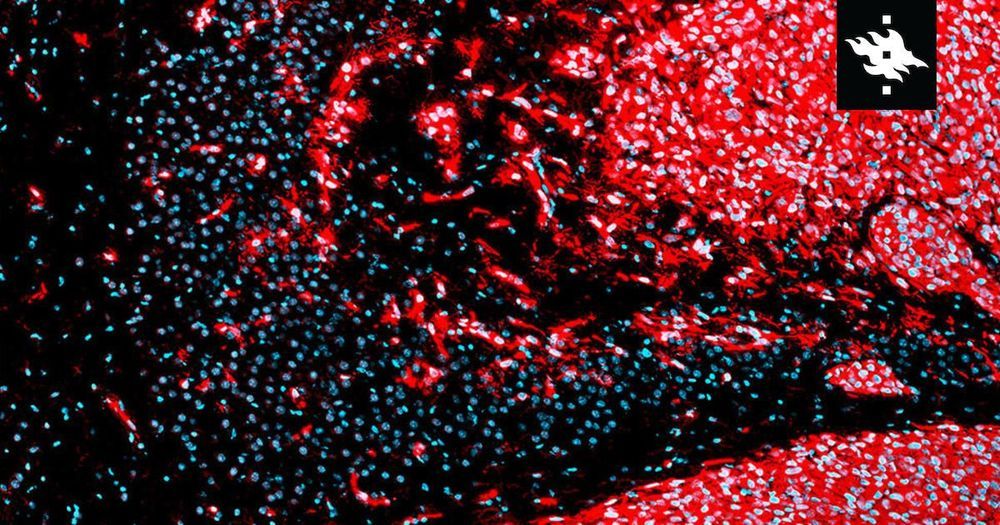
Researchers from the University of Helsinki have discovered a chink in the armour of the tumour cells of glioblastoma, a lethal brain cancer. Alongside the finding, the researchers also came up with a method for attacking this vulnerability. The results gained in experiments conducted with cell cultures and a mouse model are promising.
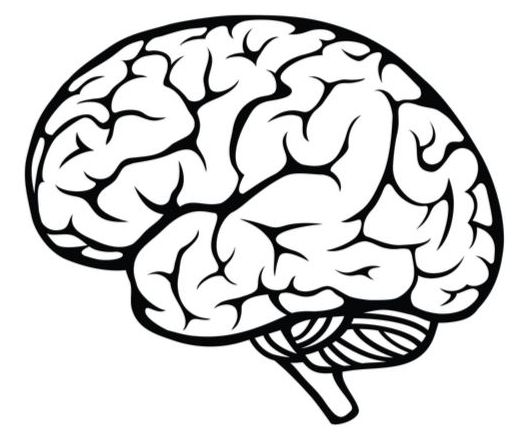
A recent article, published in the Oxford journal Brain, categorizes and draws attention to an age-related disease that impacts the brain yet is widely unknown, even among scientists: limbic-predominant age-related TDP-43 encephalopathy (LATE) [1].
The symptoms of this disease are similar to those of Alzheimer’s disease. It causes cognitive impairment and, when presenting alongside Alzheimer’s disease, can lead to even faster degeneration along with heightened agitation and aggression.
This new disease has been found to impact very specific areas of the brain – generally traveling vertically through the brain, it degenerates areas partly responsible for emotions, memory, and language, influencing different areas depending on its stage.